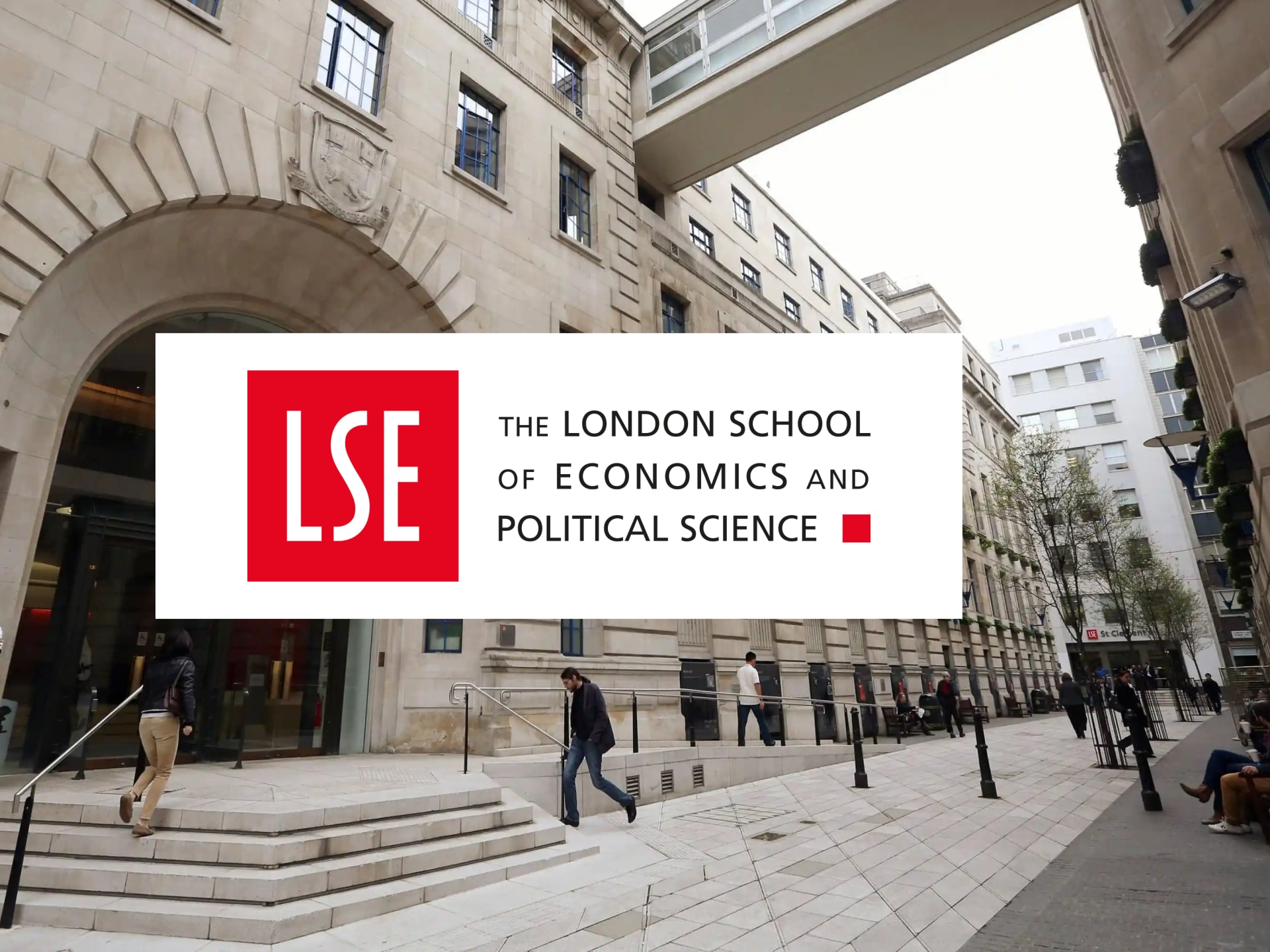Garfield AI Highlighted in House of Lords Constitution Committee Report on the Rule of Law
Garfield AI featured as exemplar of responsible AI use in legal services in major House of Lords Constitution Committee report examining access to justice. Parliament recognises platform as "landmark moment" demonstrating AI potential to make legal services more accessible and affordable.

London, 20 November 2025 – Garfield AI has been prominently featured in the House of Lords Constitution Committee's landmark report on the rule of law, which examines critical challenges facing the UK justice system. The report highlights Garfield AI as a pioneering example of how properly regulated AI technology can expand access to justice for those experiencing unmet legal need.
Parliamentary Recognition of Responsible AI Innovation
The Constitution Committee's report, titled "Rule of law: holding the line between anarchy and tyranny," examines the state of the rule of law in the UK across multiple dimensions, including access to justice, legal aid, court delays, and the role of technology in addressing these challenges.
In a chapter dedicated to access to justice and the potential role of technology, the report specifically cites Garfield AI's SRA regulation as a "landmark moment" demonstrating the potential for responsible AI use in legal services:
In March 2025, a new AI law firm, Garfield AI, was approved by the Solicitors Regulation Authority (SRA). It is an online tool, powered by an AI assistant, that guides claimants through the small claims court process without using a lawyer, and at much lower cost. The CEO of the SRA claimed that this was a 'landmark moment', arguing that the '[r]esponsible use of AI by law firms could improve legal services, while making them easier to access and more affordable'.
The report further notes that a lawyer in the Committee's engagement sessions agreed with this assessment, arguing that Garfield AI's development "illustrates the potential for AI to make 'routine matters very accessible … financial and otherwise to the public'."
Context: The Justice Crisis and Unmet Legal Need
The Constitution Committee's report paints a sobering picture of the UK justice system, describing it as being "in crisis." Key findings include:
- Crown Court backlog reaching nearly 80,000 cases, with people waiting years for their cases to be heard
- Justice gap affecting millions who don't qualify for legal aid but cannot afford private legal services
- Legal aid deserts with 44% of people unable to access housing legal aid, rising to 90% for education issues
- Mean time for small claims trials of 49.8 weeks, creating significant barriers to justice
- Overwhelmed advice sector struggling with unprecedented levels of legal need
Against this backdrop, the report explores how technology, particularly AI, might address some of these systemic challenges whilst acknowledging the significant risks of unregulated AI tools providing inaccurate legal information.
Garfield AI as Model for Regulated Innovation
The report contrasts the risks of unregulated AI chatbots, which are known to "hallucinate" and provide incorrect information, with the potential of properly regulated, purpose-built AI tools like Garfield AI. The Committee notes:
There is an opportunity in the future for properly regulated, sophisticated AI tools to be an accessible source of legal advice for those who are unable to afford lawyers and who are currently experiencing unmet legal need.
This recognition validates Garfield AI's strategic decision to pursue SRA regulation, demonstrating that regulation serves as a crucial safeguard ensuring AI-powered legal services meet professional standards whilst expanding accessibility.
Implications for Legal Technology and Access to Justice
Being highlighted in the House of Lords Constitution Committee's report on the rule of law is a profound recognition of what we're building. The Committee clearly understands that responsible AI innovation, properly regulated and designed with genuine access to justice in mind, can address the crisis in our justice system.
Philip Young, Co-founder and CEO, Garfield AI
"The report's findings about unmet legal need, the justice gap, and the overwhelming pressure on our courts validate exactly the problem we set out to solve. Millions of people and businesses have legitimate legal claims but cannot afford traditional legal services. Garfield demonstrates that technology, when properly regulated, can make professional legal services accessible at a fraction of traditional costs."
The Constitution Committee's report makes clear that whilst AI presents risks when unregulated, it also offers significant opportunities to address the justice crisis. The Committee calls on government and industry bodies to "encourage the development of such tools, but ensure that they are accompanied by appropriate safeguards."
Broader Recommendations on Technology and Justice
The report's recommendations relevant to legal technology include:
- Digitisation priority: Continuing to digitise remaining paper-based court processes
- Alternative dispute resolution: Encouraging wider use of mediation and arbitration
- AI development: Supporting purpose-built, regulated AI tools for legal advice
- Accessibility safeguards: Ensuring digital services don't exclude vulnerable groups
- Public legal education: Teaching citizens about their legal rights and the justice system
Garfield AI's model addresses several of these recommendations simultaneously, automating small claims processes through digital tools, facilitating early dispute resolution through automated letters before action, and incorporating educational elements that help users understand their legal rights and the court process.
Parliamentary Scrutiny and Legal AI
The Constitution Committee's examination of Garfield AI demonstrates Parliament's serious engagement with the implications of AI in legal services. The Committee heard evidence from multiple stakeholders, including the Master of the Rolls Sir Geoffrey Vos, who suggested that "there is definitely a role for technology to play in addressing … unmet legal need" and envisaged AI-powered legal advice tools as potentially the best use of legal aid funding for civil justice.
The report notes that people are already using AI chatbots to seek legal advice "as an inevitable result of the challenges involved in accessing legal advice through traditional means," making the development of properly regulated alternatives like Garfield AI increasingly urgent.
Looking Ahead
The House of Lords Constitution Committee's report will inform government policy on justice reform, access to legal services, and the role of technology in the legal system. The Committee urges the Government to "carefully consider" recommendations from multiple sources on improving access to justice, including embracing technological solutions with appropriate safeguards.
For Garfield AI, this parliamentary recognition validates the company's mission to expand access to justice through responsible AI innovation. As the report makes clear, the challenges facing the UK justice system require innovative approaches, and properly regulated AI platforms demonstrate one path forward.
The full House of Lords Constitution Committee report, "Rule of law: holding the line between anarchy and tyranny," is available on the UK Parliament website.
For more information about Garfield AI and its approach to AI-powered legal services, visit garfield.law.
Media Contact: Philip Young – philip@garfield.law Daniel Long – dan@garfield.law
About the Author

Hugo Rawling
Legal Engineer
In other news


